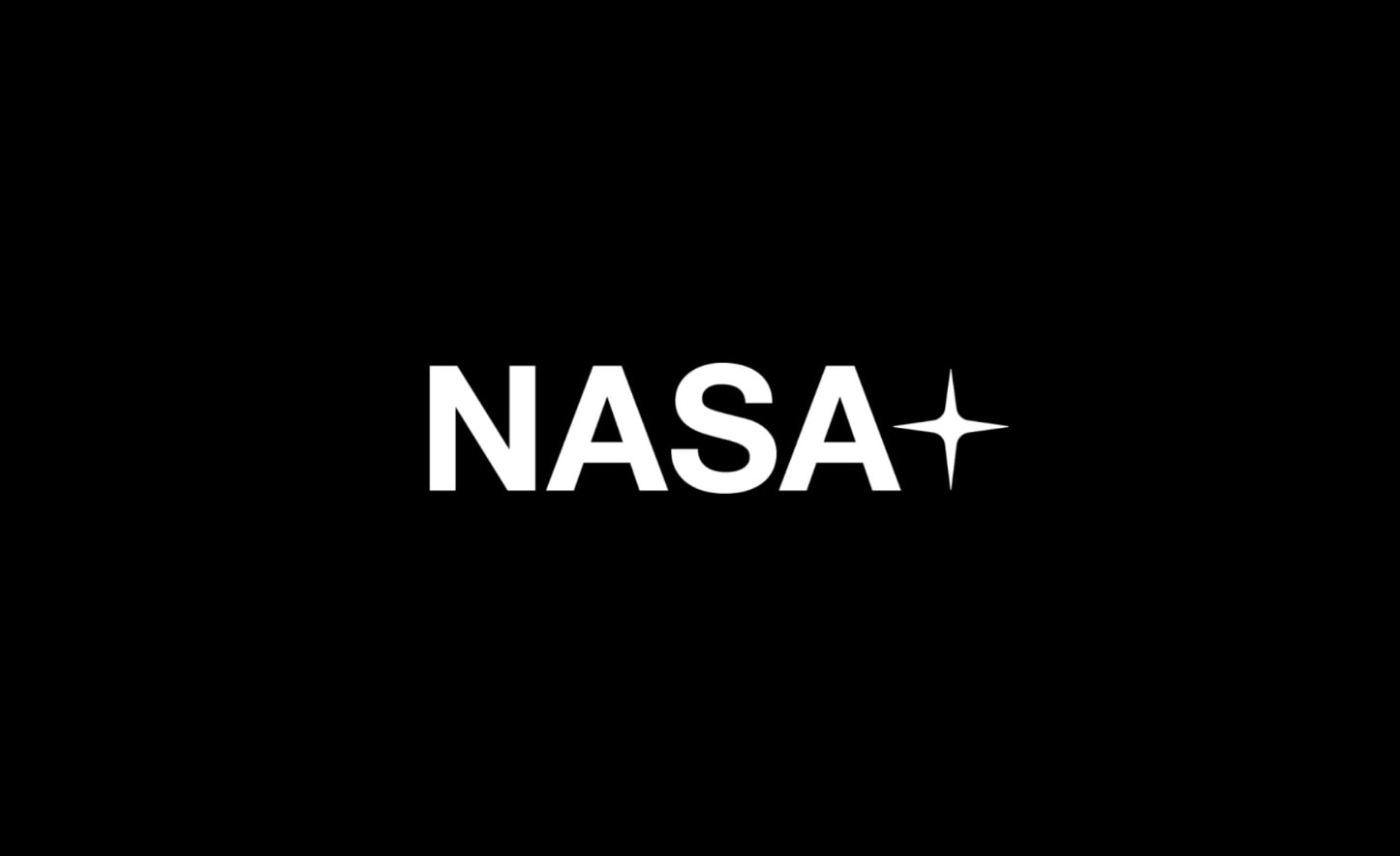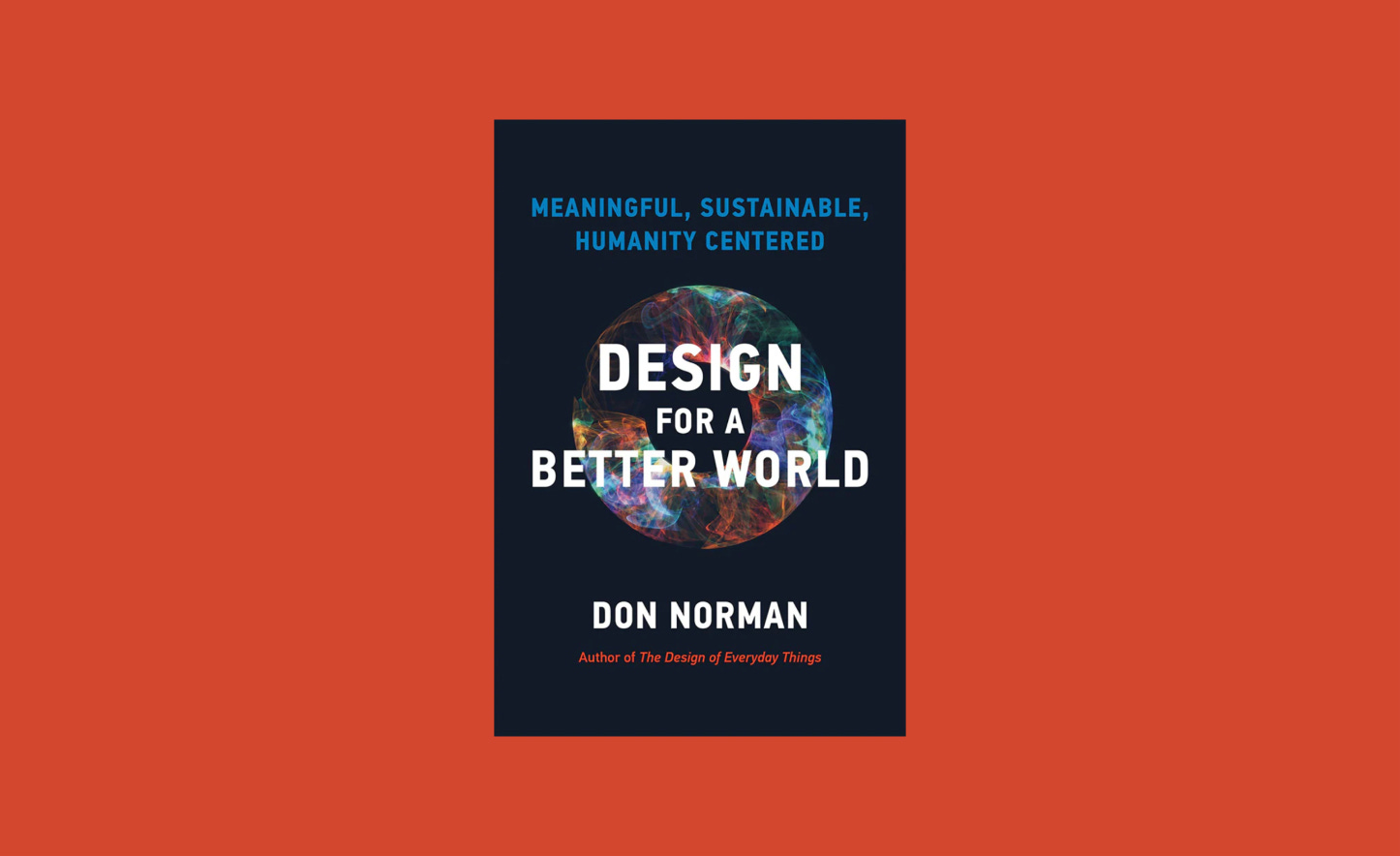We tend to ignore the fact that by addressing one issue and creating value, we may unintentionally decrease the value of something else, or even create new problems.
Airbnb is a classic example. An increase in Airbnb accommodations is directly correlated with an increase in housing prices. Airbnb makes it convenient for tourists to find a place to stay, but harder for locals to find affordable housing.
The widespread belief that big companies can help change the world for the better is flawed. As the author of ‘Winners Take All: The Elite Charade of Changing The World’ puts it, global elites do more harm than good, as their sole focus is on optimising profits, even if this is masked as doing good.
And one doesn't need to read countless articles, documentaries, or dive deep into research studies to conclude that social media giants have had an impact on the increase of anxiety and depression, or that AI-generated text and images, despite exciting, also devalue things that people enjoy doing.
Consumer centric often means another consumer (de)centric. But it shouldn’t. We need to consider and reconsider our impact. Instead of focusing on user journeys and Jobs To Be Done, we need to develop human-centric approaches that, from the start, consider that everything exists in a delicate balance.
Other things on my mind:
Innovation: X, the Moonshot Factory
Most of you are probably thinking of Elon Musk and twitter, but X company is Google's semi secret innovation lab, where they "launch technologies that aim to improve the lives of millions, even billions, of people". Below you find the link for X, as well as a link to the motion design principles that were developed by the agency Never Sit Still.
On a side note, I find it interesting that Meta owns an X trademark for the social media category after acquiring Mixer from Microsoft, Google has the X company, and Twitter trying to get rid of itself and becoming X. Too many X’s if you ask me.
→ More about X company
→ X motion principles
Branding: NASA+
I know every designer loves NASA's worm logo, but the new logo for their streaming platform NASA+ looks kind of sleek. On the other hand, it also highlights the limitations of the current NASA’s meatball logo for brand extensions. And even if you are not into logo design, the mention of meatballs, worms, and NASA in the same text, will probably leave you thinking what a branding mess it is.
→ Nasa+ introduction trailer
Music: Going back to personal pages
I think small artists end up spitting into the wind on the existing big social networks and platforms. And that's also the case for musicians and streaming platforms. Roby Saavedra put together a website to showcase the music he produces as a hobby. I think it does a wonderful job at showcasing his work. Much better than competing on traditional platforms against thousands of other artists.
→ Roby's Mood Palace
Book: Designing For A Better World
Is design thinking the reason why we see so many solutions that aim to fix non-existing problems? Is it still really about improving things, or did it become just another way of achieving capitalistic goals. The new book Designing For a Better World from Don Norman addresses this topic, and makes for a very interesting read.
→ Designing For A Better World, Don Norman
Tools: Tastings of Tomorrow by IDEO
Tastings of Tomorrow is a beautiful card set developed by IDEO with the goal of enabling teams to ask human-centered questions about the future. Here you can watch IDEO's CCO, Mitch Jafrey, give a talk about this topic.







